Under the darkness of the New Moon, the path to Ayodhya, an ancient city in India, is illuminated with candles, as people await their new king and queen. The 10-headed demon king is dead, and the victory of good over evil is celebrated throughout the kingdom. This celebration is what we now know as Diwali, the festival of lights.
Lord Rama is the seventh incarnation of the god Vishnu. He was considered the ideal human – righteous and devoted, physically and spiritually virtuous, and destined to conquer evil forces. Lord Rama was forced into exile for fourteen years with his wife, Sita (an incarnation of the goddess Lakshmi) and his brother Lakshman. They traveled to a forest and lived humbly in peace, until one day, Sita was abducted by the 10 headed demon king of Lanka, Ravana. Lord Rama hastily assembled an army comprised of his brother, and the fierce monkeys under the ruling monkey general, Hanuman, and embarked on a journey to save his beloved. After an epic 10 day battle, Lord Rama and his army succeed in defeating the demon king, and Lord Rama is reunited with Sita once again. Lord Rama returns to his kingdom, with Sita and his brother, as his people celebrate the triumph with glittering lights encompassing the land, lighting his path home.
This ancient Hindu festival is one of the most important sacred days, known as the biggest, brightest, and happiest of Hindu celebrations. For a five-day period, Diwali symbolizes the triumph of light over darkness, knowledge over ignorance, and hope over despair. In communities, lights and lanterns shine in full force, and colors abound in both fabrics and fireworks. Houses are cleaned thoroughly, to welcome the goddess Lakshmi. Friends and families celebrate by embracing one another, exchanging gifts, feasting, and joining in puja (worship or prayer) of Lakshmi. She hears these prayers of gratitude, and she smiles upon the adoring. Lakshmi rules this holiday from her perch of benevolence.
Each day of Diwali has a theme. The festival starts with Dhanteras on the first day, to begin praising Lakshmi (the goddess of wealth and prosperity) for abundance and well-being. The second day, Naraka Chaturdashi, centers on eradicating laziness and evil from our lives, so that bounty is possible. The third night is Diwali, the main night on which the lighting, feasting, and fun take place. The fourth night, Diwali Padva, honors the husband and wife relationship. The fifth and final night, Bhai Dooj is dedicated to the brother-sister bond.
Diwali is the celebration of good over evil. While Lakshmi is a focal point of the merriment, this occasion asks us to look deeper into our own inner paths of righteousness. Light, love, and gratitude are the quintessence of our being – the origins and roots of lasting happiness. These energies are sacrosanct and boundless across time and cultures. Diwali encourages us to surround ourselves with blessings and abundance. We celebrate our relationships and set new intentions toward our own personal goals. The spirit of Diwali is something that people of all faiths, walks of life, and sacred practices can recognize. As stars sparkle across the black expanse of one of the darkest new moon nights, gather your loved ones and celebrate the prism of your own inner light.
~*~ ~*~ ~*~ ~*~ ~*~ ~*~ ~*~ ~*~ ~*~ ~*~ ~*~ ~*~ ~*~ ~*~~*~ ~*~ ~*~ ~*~ ~*~ ~*~
Charge your tools with orgone energy on my custom Orgonite Charging Plate.
Anoint your crystals and gemstone jewelry with my SG Anointing Blend.
Want to learn more about gems, minerals, and crystal healing? Join our private Sage Goddess Gems & Crystal Magic Facebook group.
Want to learn more about perfume and aromatherapy? Join our private Sage Goddess Perfume & Aromatherapy Magic Facebook group.
Want to learn more about moon magic, astrology, and metaphysics? Join our private Sage Goddess Astrology & Moon Magic Facebook group.





